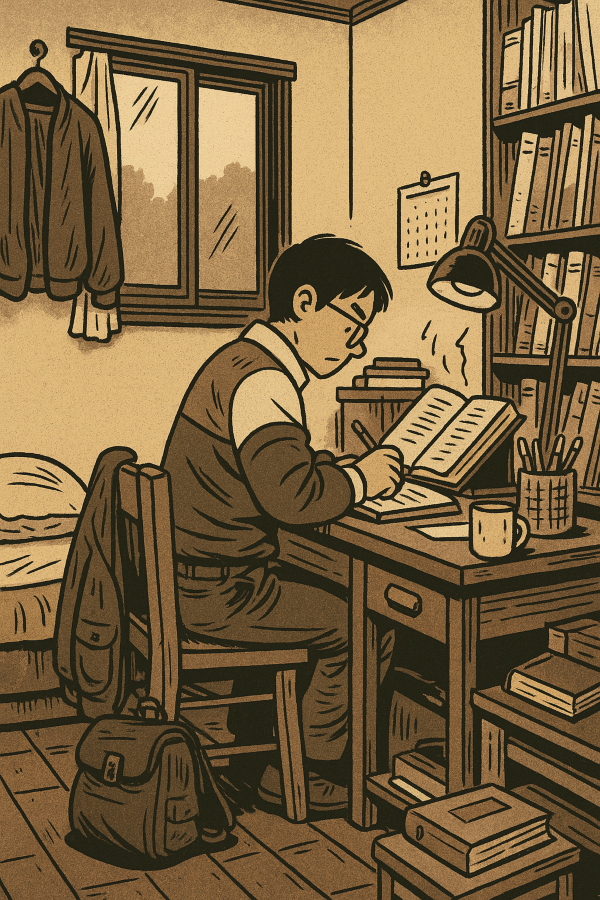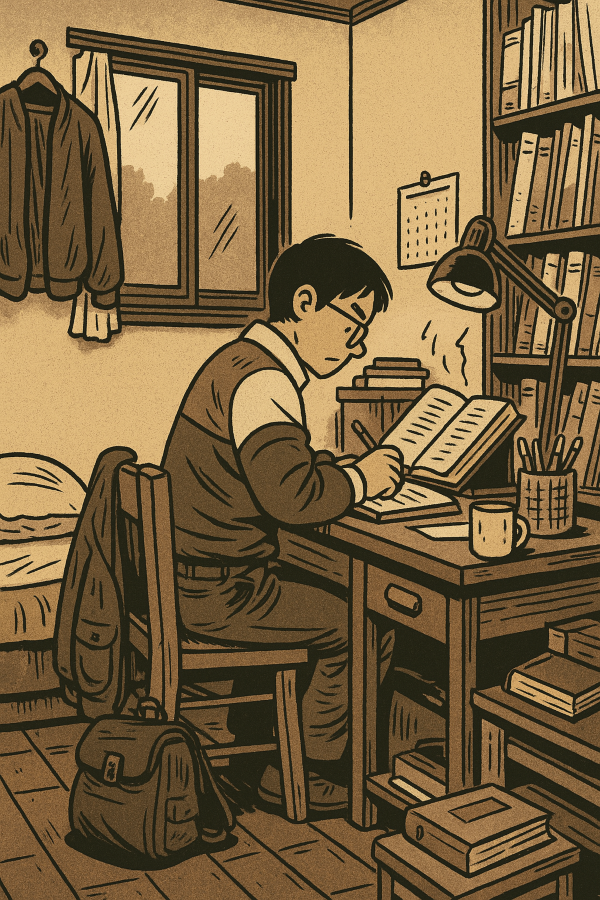
For over 60 years, the national bar exam offered a path to upward mobility, accessible to those without elite backgrounds. Notable figures such as the late President Roh Moo-hyun and former Constitutional Court acting chief Moon Hyung-bae famously rose through its ranks, overcoming poverty and limited education. (Image supported by ChatGPT)
SEOUL, July 3 (Korea Bizwire) — South Korea is facing renewed debate over reviving its once-prestigious national bar exam, as President Lee Jae-myung recently questioned the effectiveness of the country’s law school system. His remarks have reignited a long-standing controversy over access, fairness, and the future of legal education.
At the heart of the discussion is the abolition of the traditional bar exam in 2017, replaced by the American-style law school (Law School or “LS”) system introduced in 2009.
Intended to modernize legal training and broaden the pool of legal professionals, the LS system aimed to produce well-rounded lawyers from diverse academic backgrounds. However, critics argue it has become an elite gatekeeping mechanism, inaccessible to those without wealth or social capital.
Once seen as a ladder for upward mobility, the bar exam allowed candidates to qualify for legal practice solely through exam performance, regardless of educational or financial background.
High-profile figures such as former President Roh Moo-hyun and former Constitutional Court Acting Chief Moon Hyung-bae came from humble beginnings and rose through the ranks after passing the exam.
In contrast, law schools now require a university degree, standardized test scores, language proficiency, personal statements, and interviews. Tuition and the full-time nature of the program pose additional barriers for economically disadvantaged students. The pass rate for the national legal exam has also dropped — from 87% in 2012 to 52% in 2025.
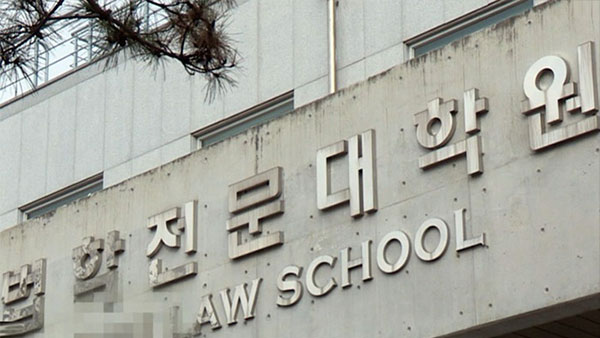
South Korea eliminated its national bar exam in 2017, nearly a decade after introducing U.S.-style law schools aimed at diversifying the backgrounds of legal professionals. (Yonhap)
Opponents of reintroducing the bar exam argue that dual-track systems create inefficiencies and undermine the law school model. Legal experts warn that reverting to a memory-based exam culture could dilute efforts to foster practice-ready attorneys with both theoretical and practical skills.
Still, proponents of the bar exam’s return — including legal scholars and civil society groups — see it as a remedy for inequality. They argue that the law school model favors students from privileged backgrounds, lacks transparency in admissions, and has drifted from its original goals of specialization.
Others highlight international models, such as Japan’s and California’s, which offer alternative qualification pathways through exams or online education.
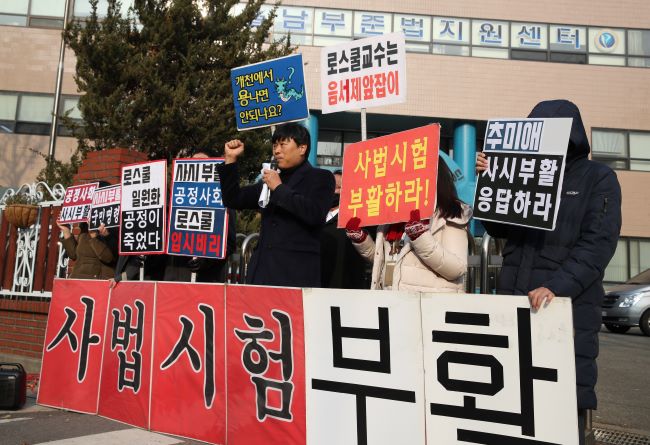
2019 Press Conference Urging the Introduction of an Alternative Pathway to Law School. (Image courtesy of Yonhap)
A growing consensus, however, recognizes the need to reform legal education. Proposals include reintroducing a national judicial exam for public-sector law roles, expanding opportunities through evening or online law schools, and integrating an exam-based alternative to counterbalance law school exclusivity.
As legal education becomes a flashpoint in the broader national conversation about social mobility and fairness, President Lee’s comments may signal a potential policy shift. Whether that leads to the bar exam’s revival or structural reforms to the LS system remains to be seen — but for now, the debate over who gets to become a lawyer in South Korea is back in full force.
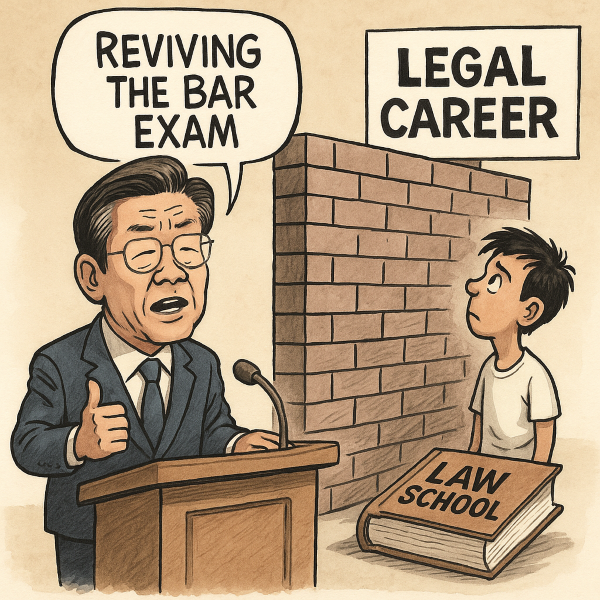
President Lee Opens Door to Revisiting Bar Exam in South Korea, Reviving Debate Over Legal Education Reform (Image supported by ChatGPT)
M. H. Lee (mhlee@koreabizwire.com)
